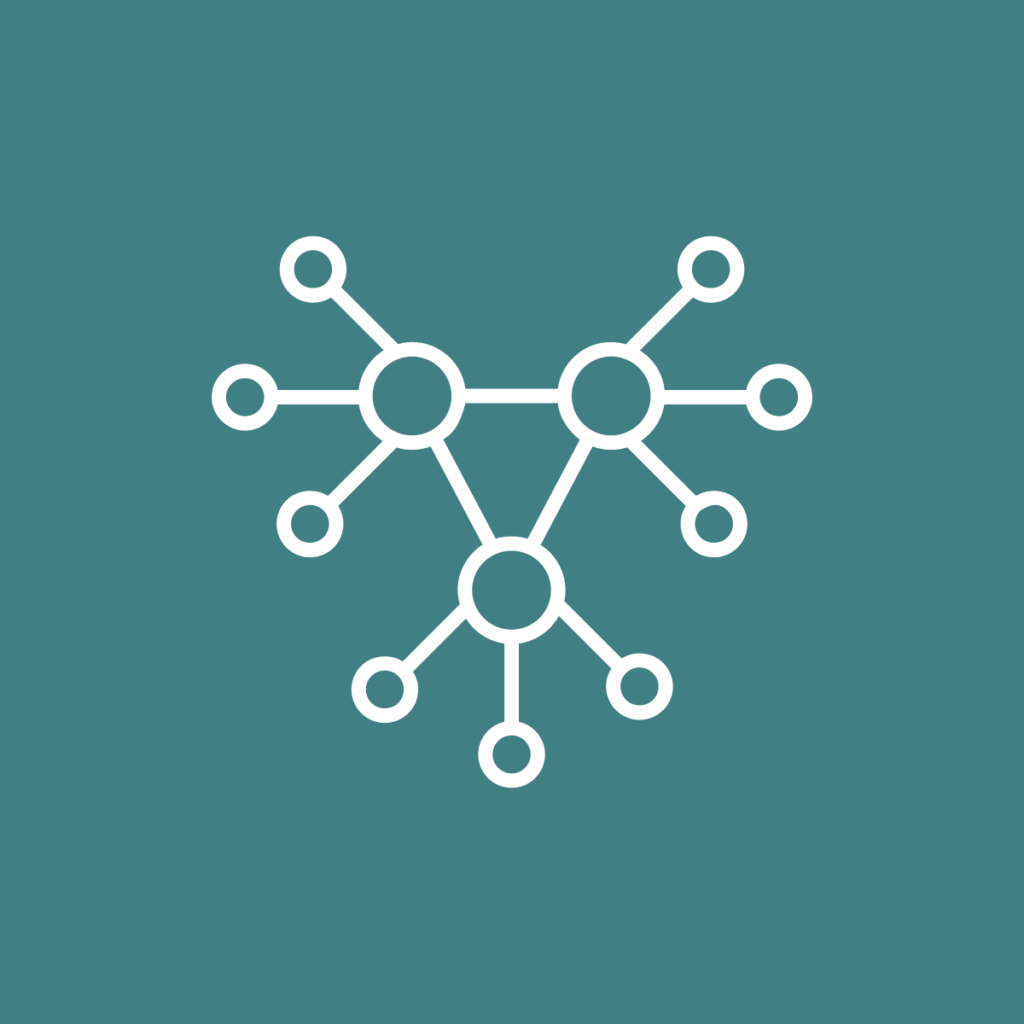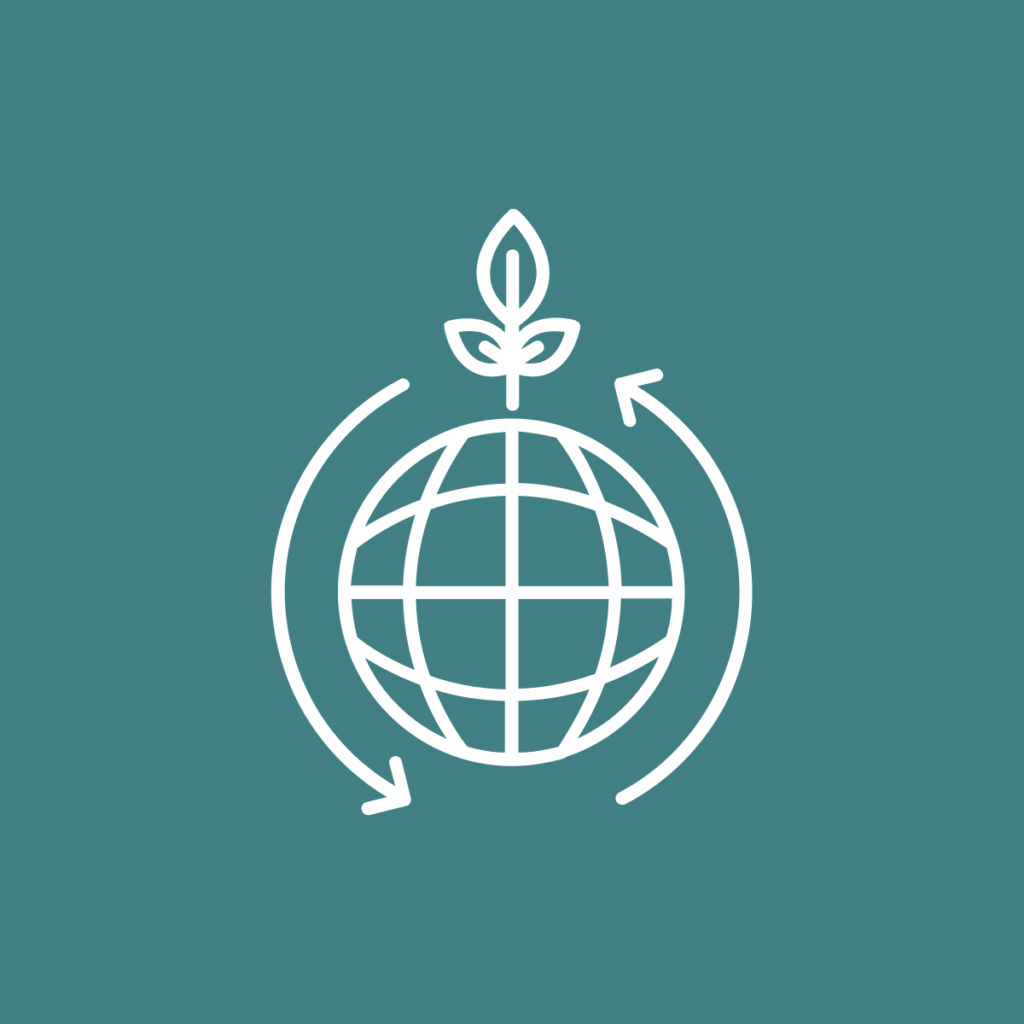Training
System Leaders are the change agents that disrupt and transform systems: they spark collaboration, create shared buy-in, engage diverse actors, foster a spirit of innovation, and leverage moments of uncertainty and turbulence to incite new opportunities. GKI is committed to building the next generation of systems leaders to lead in the world of complexity.
What is the Systems Innovation Mindset?
“Systems thinking” and “Innovation thinking” are often treated in isolation because they have emerged from different schools of study and practice. We argue that pursuing innovation in complex systems beckons for a hybrid of the two. To achieve any level of scale-up, scale deep or scale-out requires a multifaceted understanding of systems and the opportunity to collaborate within them. The approaches in our methodology invite stakeholders within the systems to participate in a cohesive, facilitated systems-thinking and innovation thinking experience that activates collective consciousness and action.
Systems Thinking
The ability to see more clearly how things unfold over time and [to better understand] the web of interconnections within which we live and act (Senge, 2015)
Innovation Thinking
The ability to generate new ideas by approaching problems or existing practices in imaginative, novel ways (Glasspool, 2002)
Systems Innovation Mindset
What are the essential skillsets for systems leadership?
Systems leaders create a ripple effect in the system, mobilizing others, building connections, and influencing through their networks. They involve as many people’s ideas, talents, energies, and expertise as possible to foster reflection and generative conversations to shift from reactive problem solving to co-creating solutions for the future. It is through this collaborative muscle that they can have a deeper and more meaningful impact. Based on extensive research, GKI has identified the following 9 essential skill sets of systems leaders.

Foster Collaborative Learning
Encourage all actors to understand the system.
Spark Innovation
Inspire others in the system to design, test, and implement new solutions to their challenges.
Encourage Empathy
Better understand and engage actors with different roles, motivations, and challenges.

Understand Complex Relationships
Make it easier for diverse actors to find new partners within the system.
Foster Collaborative Design
Create safe environments for actors to experiment with new approaches that engage other systems stakeholders.
Develop Systems Facilitators
Create problem-solving networks that spark the movement of information across the system.

Guide Systems Thinking
Identify the political, social, cultural, economic, and historical factors that exert influence on the system.
Analyze Change
Understand how the system shifts over time in ways that may impede or advance the change sought by Systems Leaders.
Encourage Preparedness
Develop plans that are comprehensive, consistent, simple to follow, and encourage action by Systems Leaders and broader systems stakeholders.
Client Testimonies
For more information on how we can support your organization’s capacity development or coaching needs, email info@gkinitiative.org.



